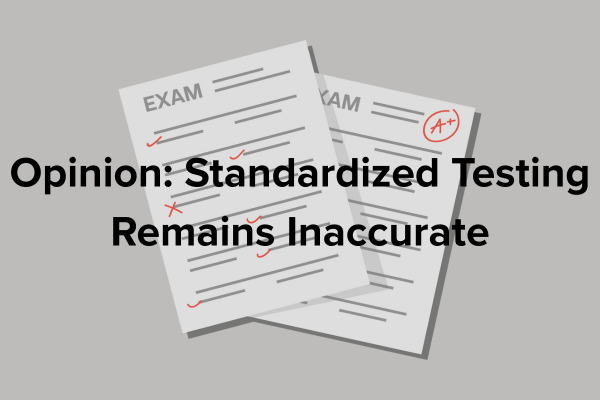Cell phones have many potential educational uses for teachers and students. Mansfield Independent School District allows students have phones in their possession but the cell phones, however have to be turned off and out of sight. Cell phones should be allowed in the school for classroom related purposes because of the technological advances they offer to students for education.
Cell phones could be used for different educational purposes, for example: a stopwatch, calculator for labs, to take pictures, and notes. Some smart phones have the ability to print documents wirelessly and can go on the Internet when a student needs to research a topic. According to PewInternet, 75 percent of teens between the ages of 12-17 own a cell phone and in the world, there are more than twice the number of cell phones than computers. Now cell phones hold all he potential of mini-laptops.
With all the advantages of cell phones, the school district will save tons of money. They won’t have to buy textbooks, graphing calculators for each math and science class, paper or computers. Paper alone will be a big money saver and more environmentally friendly. Teachers can email or text their students homework, worksheets and notes. Students could even take tests and quizzes on their phone. Just the basics of a cell phone can help a student.
Android and Apple app stores have endless amounts of apps potentially useful for school. Apps ranging from The ABC Song, SAT Flashcards and Allen Prep could help studying for the SAT and ACT. Not to mention Legacy’s library has an app, Gale Group, to help research topics. Students wouldn’t lose class time walking to and from the library when it’s in their hands. The advantages of cell phones and, better yet, smart phones are enormous.
District officials ban cell phones for causing distractions, cheating and for safety reasons. Although there might be problems with some students using cell phones for these purposes, the district and teachers can make rules so these situations can be avoided. Teachers can make rules to only allow cell phones at certain times and ask students to place their cellphones on the instructors desk when taking a quiz or test. If students abuse that privilege, like now, teachers can take it to the bookkeeper and have the students pay a fine.
District officials need to embrace the advances in this world and start including cell phones in the classroom. They need to see there are more positives than negatives when having a mobile device in the classroom.























Ferman • Feb 22, 2012 at 7:36 am
I am all for a BYOT (Bring Your Own Technology) environment, but my problem is something you only touched on in your article. Students using their phones for things OTHER than the class work they have been assigned. I have taken my share of wireless devices to the bookkeeper. Ask my students. My biggest pet peeve is when they decide to use their phone when I am speaking in front of the class or when another student is performing. It makes my blood boil. It is rude and unacceptable. I have also been known to allow students to use their phones as stopwatches only to walk out and find them texting, tweeting, or playing Temple Run.
What sort of rules do you propose and how do you expect teachers who are already working their hardest to police this new policy? What do we, as teachers, do to make sure the students are using their phone as a calculator and not to chat with their friend in another classroom? What is your recourse when a phone goes missing from the teachers desk during that test or quiz?
What you propose is great and I believe there will be a pilot classroom for it. I have already integrated BYOT into my classroom here and there this year anticipating the move in the future. I am just curious as to how it will be implemented.
Roye Ritchie • Jan 27, 2012 at 6:31 am
I think it would I download many apps on my phone or laptop tht is all I really have and it would help kids understand more I believe. And thts a great thing too. They can comprehed better if they can relate to their work better.their are tons of advntages.